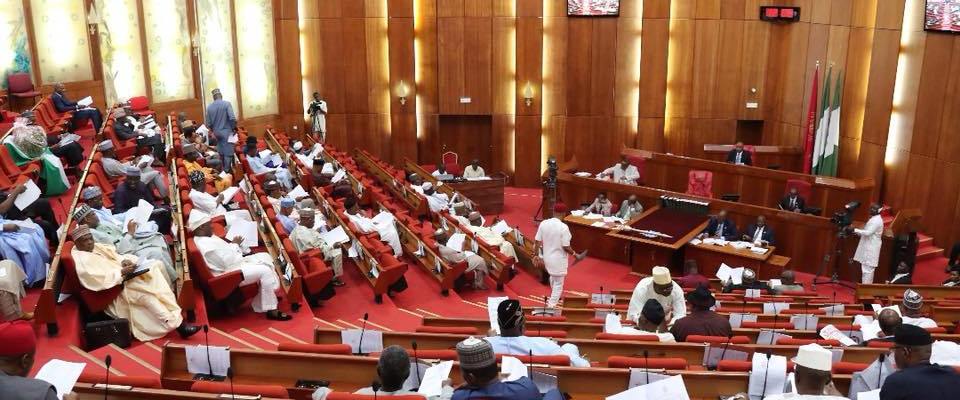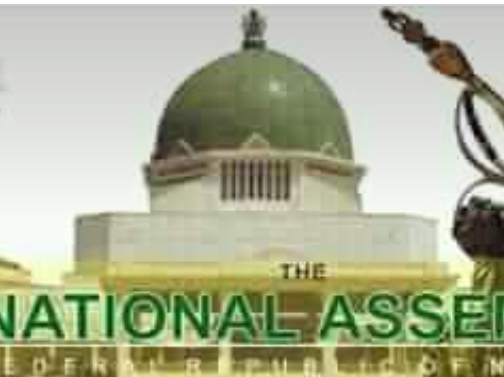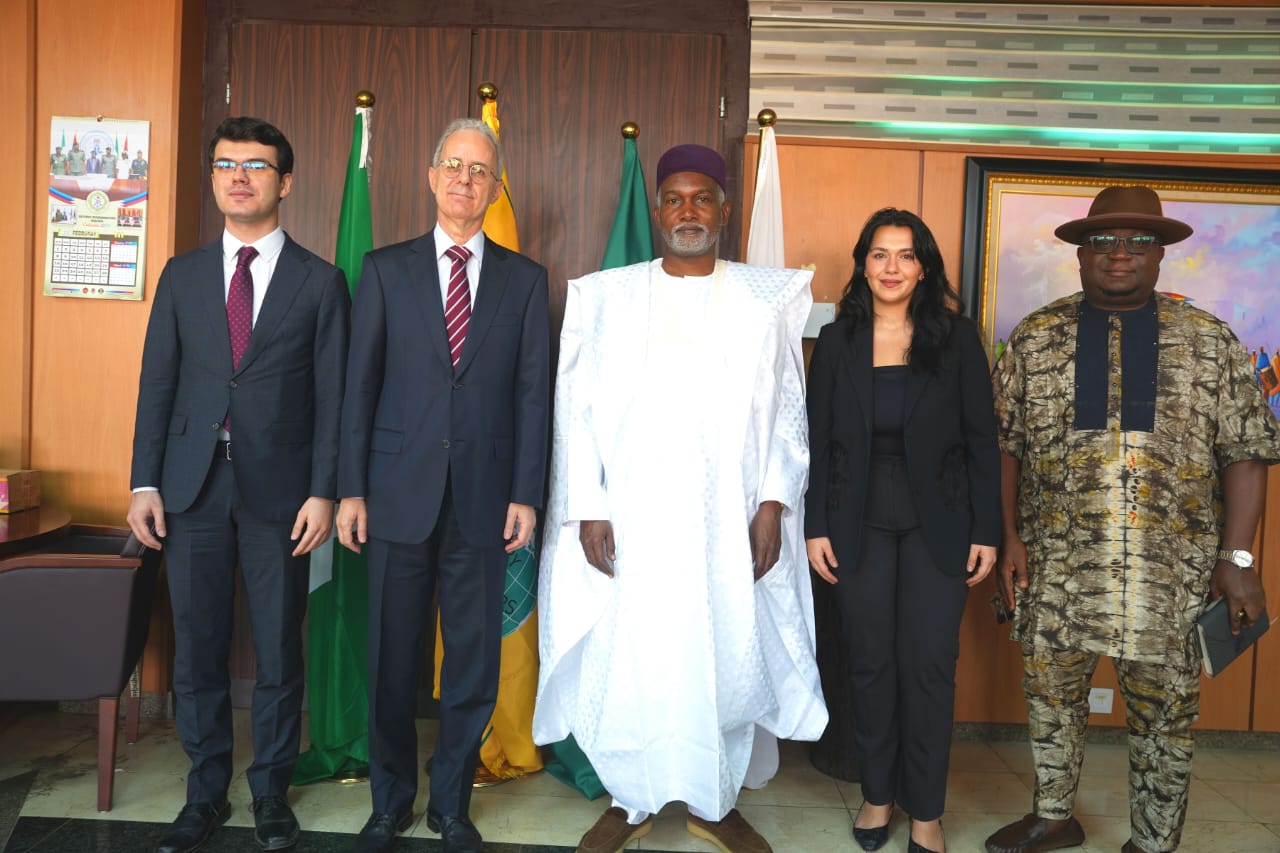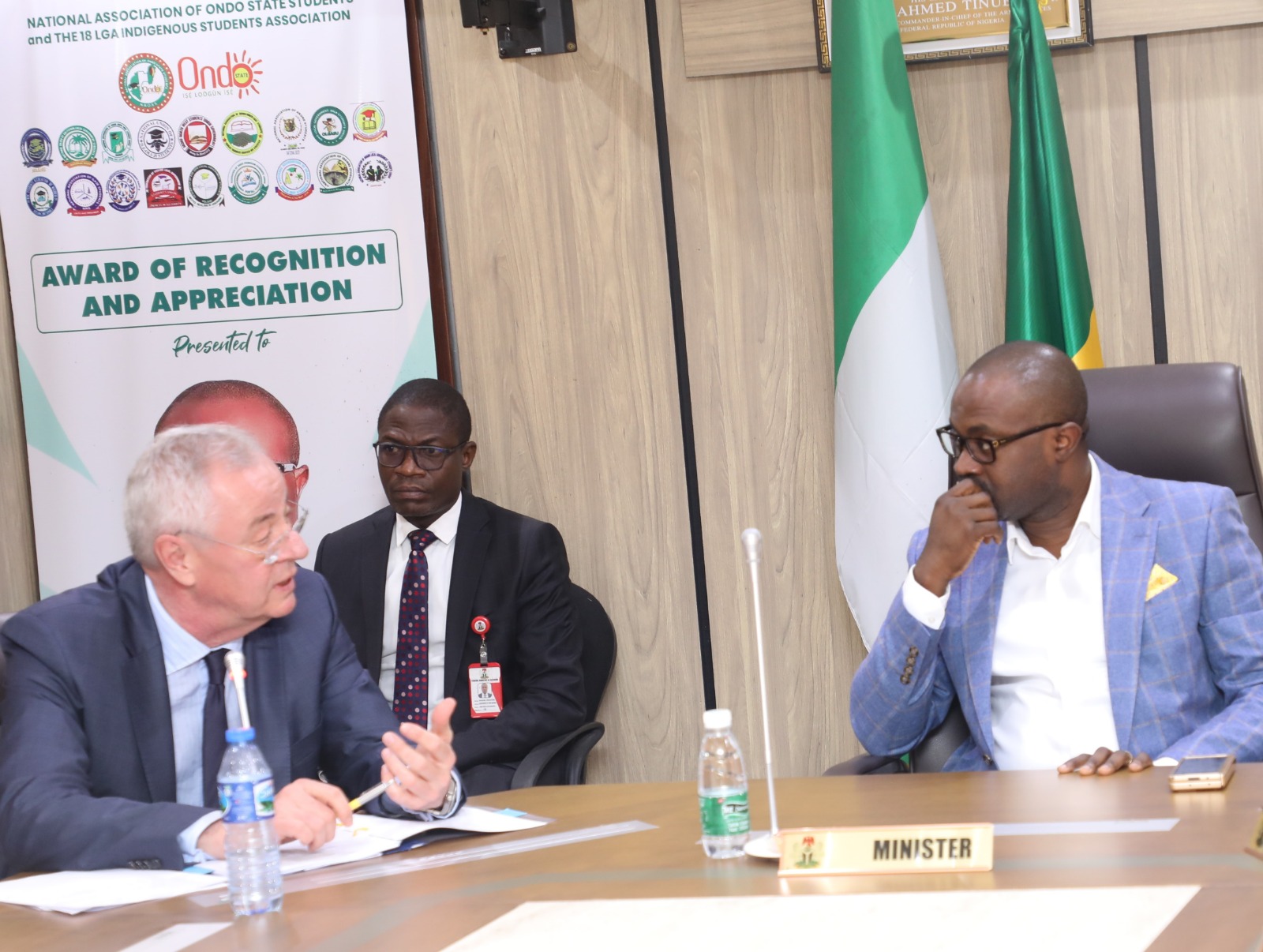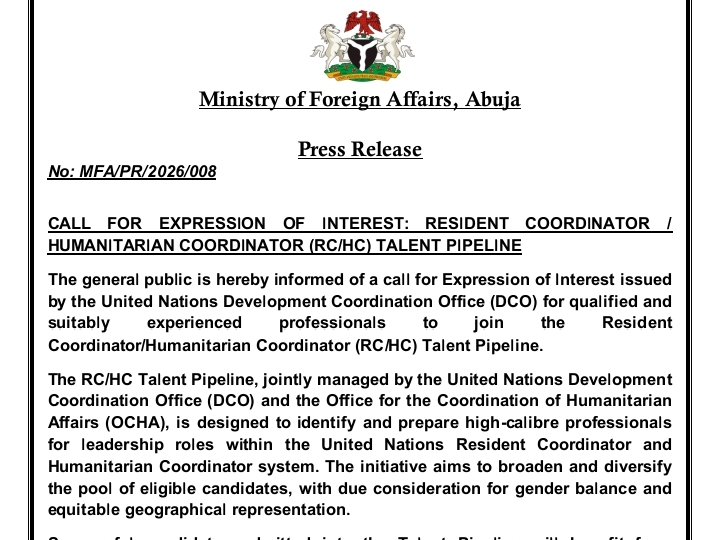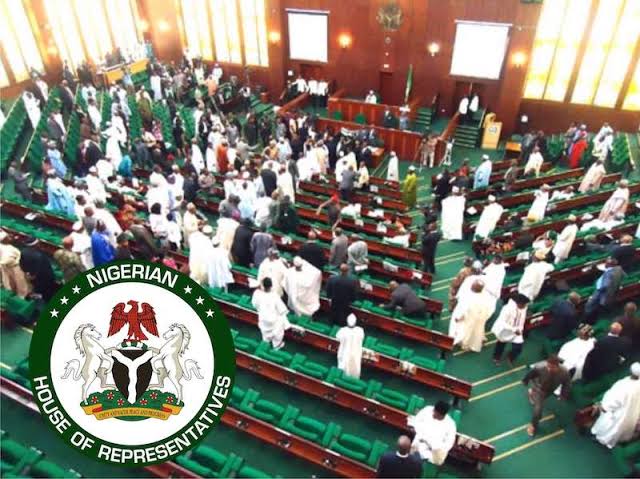
Reps Move To Stop N’West, S’West, S’South From 2027 Presidential Election
The North-West, South-West and South-South geo-political zones of the country may not field a presidential candidate in the 2027 general election if ongoing moves to alter relevant provisions of the 1999 Constitution (as amended) scales through.
It gathered that a bill “For an Act to alter the provisions of the Constitution of the Federal Republic of Nigeria (as amended) to make provisions for rotation of power among the geo-political zones, senatorial zones and federal constituencies in presidential, governorship and senatorial elections in Nigeria,” is currently before the House of Representatives Committee on Constitution Review.
Sponsored by member representing Apa/Agatu Federal Constituency, Benue State, Ojema Ojetu, the proposed legislation, if passed into law, will bar zones that have produced the President of Nigeria since the return to democratic governance in 1999.
The bill seeks to alter Section 133 of the constitution by inserting sub-sections 2, 3 and 4 to the nation’s extant laws.
A copy of the bill exclusively obtained by Sunday PUNCH indicated that sub-section 2 reads thus, “The Office of the President of Nigeria shall revolve round the six geo- political zones, with each state holding the office for a maximum of two terms of four years each, to give every section and state in Nigeria a sense of inclusion, participation and representation in Nigeria’s democracy.”
Sub-section 3 of the bill provides that “Any zone in Nigeria which has produced a President of the Federal Republic shall not be eligible to produce another President until the other zones take their turns, while (4) says, “The effective date for consideration in the rotation of power shall be 29th of May, 1999 when the Constitution of the Federal Republic of Nigeria (as amended) became effective.”
The bill, according to Ojotu, a member of the Peoples Democratic Party also seeks alteration to the 1999 Constitution with the insertion of sub-sections 6 and 7.
In (6), the proposed law provides that “The office of the governor of a state in Nigeria shall revolve round all the three senatorial zones in the state, to give every indigene of the state a sense of inclusion, participation and representation in the development of the state; while (7) states that “Every senatorial zone in a state which has produced governor of that state in a democratically conducted election shall not be eligible to produce a governor, unless and until other senatorial zones produce governors of the state.”
That is not all as Ojotu’s proposed legislation also seeks an alteration of Section 48 of the Constitution with the introduction of sub-sections 1 (a) and (b).
1(a) provides that “Senatorial election shall rotate round all the federal constituencies in the Senatorial zone to give a sense of inclusion, participation and representation in the constituencies to engineer social progress and development;” and (b) says that “Every federal constituency in a Senatorial district which has produced a Senator shall not be eligible to produce a Senator, unless and until all other Federal Constituencies produce a Senator.”
The North Central has only produced military Heads of State but never an elected president since the attainment of political independence in 1960.
Following the return to democracy, Nigerians elected Olusegun Obasanjo from Ogun State, South-West Nigeria in 1999, even as he went on to win re-election in 2003 and stayed on till May 29, 2007.
Obasanjo was succeeded by the late Umaru Yar’ Adua from Katsina State in 2007.
Yar’Adua died in office in 2010 and was succeeded by the then Vice President, Goodluck Jonathan (South-South) who upon the expiration of that tenure, secured the ticket of the Peoples Democratic Party and won the 2011 presidential election.
Jonathan lost his second-bid for the presidential seat to Muhammadu Buhari, another man from Katsina State in 2015 and handed the baton in 2023 to the incumbent President, Bola Tinubu from Lagos State, South-West Nigeria.
Should Ojotu secures the legislative nod of his colleagues in Abuja, he would require the support of the state Assemblies for the bill to go through

